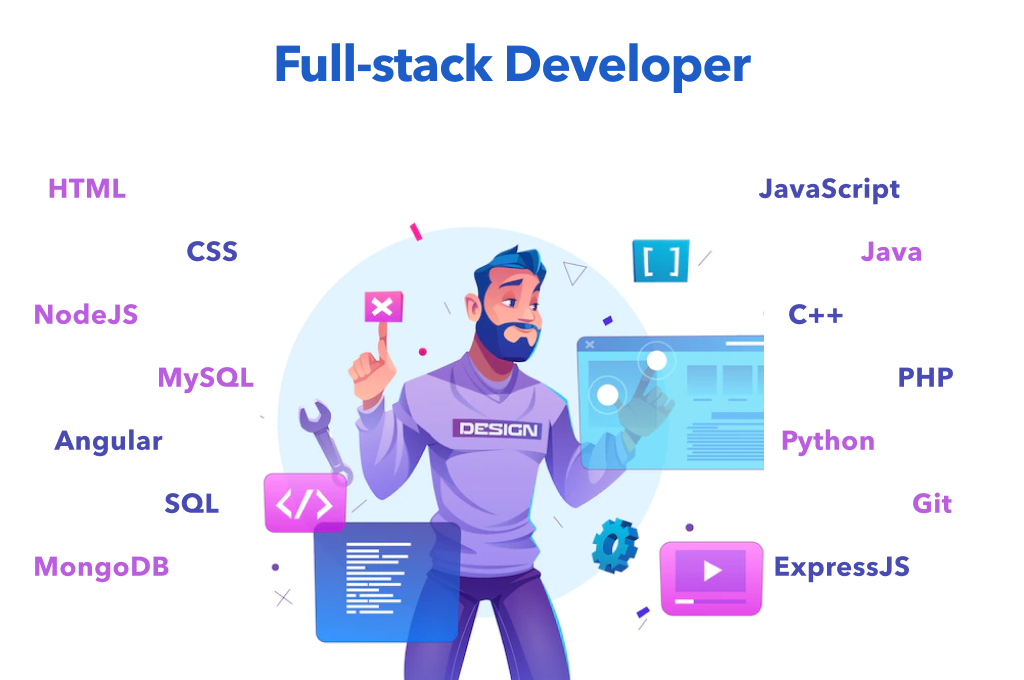Within the past few years, PHP development has gained immense popularity in the field of mobile and web app development. Open source PHP development frameworks have brought about a huge change by providing free platforms for application development.
The real challenge for application developers is creating elegant, robust and secure web applications to give them an edge over their competitors. If you have a framework which provides built-in elements and coding snippets to do the routine and repetitive tasks in a jiffy, it will save you a lot of time, so you can spend your efforts, energy and time in devising rich features or implementing better functionality to give an excellent user experience.
Using and understanding PHP frameworks is not at all a difficult task. Most companies hire PHP developers to create their web or mobile applications. Professional PHP developers provide the best PHP development solutions and make the company’s work far easier.
There are tons of PHP frameworks in the market nowadays; however, it is inevitable to mention “Symfony” and “Zend Framework” when talking about open source PHP frameworks. With incessant research and development, these two have gained recognition as the next generation web development frameworks. Both of these frameworks provide all the benefits mentioned above.
However, we all know that there cannot be two kings of the same kingdom and the same goes for Symfony and Zend frameworks. To find out who is the real ruler of this PHP framework Kingdom, let’s take a look at what sets each of them apart.
Symfony
Symfony is one of the most reliable PHP frameworks. It was launched back in the year 2005 and has been a popular choice for PHP development ever since. This framework is beneficial to both; the developers and the consumers.
It was created by SensioLabs which is a French-based company and was a paid service initially. In 2005 it was a made completely free and open source and released under MIT license. Symfony offers a range of innovative and high-end products, custom-made services and professional solutions. For the same reason, it is used by companies like Yahoo! and Dailymotion.
Pros
- Secure: Symfony is one of the most secure frameworks and embeds security measures automatically in each of your project saving you the additional time required to implement these security measures each time.
- Flexible: Symfony is one of the most flexible frameworks in the market. It allows you to build and customize applications according to your needs. Since Symfony works under an open source license, there are no restrictions for developing and you can create proprietary solutions.
- MVC Advantage: The biggest and most important advantage of Symfony is that it is based on MVC architecture (Model View Controller). It is also completely based on Object-Oriented Programming and includes all Oops features.
- Low memory requirement: Consume very little memory space.
- Modular elements: It is available with configurable and independent elements.
- Scalability: It is scalable and has the capacity to expand itself.
- Reusability: Provides reusability of code, access to server API’s.
- Easy paperwork: Provides easy documentation
Cons
- Complex security framework: The security conventions of Symfony is a little complex to understand. Even though it provides amazing security, its hard security mechanism can seem like a drawback of this framework.
- Complex file splitting: The file parsing system of Symfony is hard to handle
- Unfit for developing small applications: Symfony is the best choice for developing large-scale web and mobile applications, however not so effective for small-scale application development.
- Difficult to learn: Is a little harder to learn as compared to other frameworks.
- Knowledge of other technologies: You need to be familiar with other technologies like YAML and Doctrine to use Symfony.
Zend Framework
It is a fully object-oriented framework and contains features like inheritance and encapsulation. Zend framework is highly customizable and follows PHP best practices. It is also very flexible and allows developers to add functionality according to their needs.
Zend framework has a number of amazing features to facilitate the best PHP programming practices. It supports multiple databases like SQL, PostgreSQL and more. More features like session management and data encryption make Zend a popular choice among developers.
Pros
- Loosely Coupled: It is a loosely coupled framework which allows you to add or delete any features according to your requirements.
- Performance: Zend framework is optimized for high performance. The latest version of the Zend Framework is 4 times faster than the previously released versions.
- Security: It provides extensive security to your project. Zend framework is very secure and supports industry standard encryption
- Databases: It supports many databases like SQL, PostgreSQL and many more
- Testing: Zend includes PHPUnit which can be used to test the framework
Cons
- Complex framework: It is a large and heavy framework as compared to other frameworks
- Not for noobies: Zend Framework is not the best framework for beginners as it has complicated features which are hard to understand
- Documentation galore: It provides heavy documentation for the large number of features that are included in the framework. This documentation can be very confusing and difficult to understand.
Comparison Between Symfony And Zend Framework
| Framework | Symfony | Zend Framework |
|---|---|---|
| Language | PHP 5 | PHP 5.3 |
| Ajax | Any | Toolkit-independent |
| MVC Framework | Yes | Yes |
| MVC Push-Pull | Push | Pull |
| I18n & I10N | Yes | Yes |
| ORM | Propel and doctrine(YAML) | Table and row data gateway or Doctrine |
| Testing Frameworks | Yes | Unit tests, PHP Unit or other Independent |
| DB Migration Framework | Plugin exists | Yes |
| Security | Yes | ACL-based |
| Template Frameworks | PHP, Twig | Yes |
| Caching Framework | Yes | APC, Database, File, Memcache, Zend Platform |
| Form Validation Framework | Yes | Yes |
| Database | Microsoft BI, MySql, PostgreSQL, Maria DB, SQLite, IBM DB2, Oracle, MongoDB | Microsoft BI, MySql, NoSQL, PostgreSQL, Couch DB, DynamoDB, GraphDB, Membase, MemcacheDB, Oracle, MongoDB, GEmFire, Apache Jackrabbit |
| Scaffolding | Yes | Yes |
Conclusion
Both these frameworks are highly efficient in developing high-end PHP applications. The best practice while developing a PHP application is to combine features of different frameworks. By using features of more than one framework you can develop a highly efficient application.
PHP development agencies use this technique to develop the most optimized and efficient applications. To get the best PHP development services you can hire PHP development teams to develop your web applications and save yourself the trouble of learning and using PHP frameworks.
However, if you do not wish to go through the hassle of working on more than one framework at the same time, select the framework which will meet all your application’s requirements. We recommend the use of Symfony for your large scale mobile or web application development.
Ever since we used Symfony, we just loved its modular structure, easy routing, bundles, library, fast and annotation based coding, full control over the configuration feature, compatibility with almost all RDBMS and excellent documentation. However, it may change based on your requirements. This is the reason why we always suggest our clients opt for the one that will address their requirements well and do not choose based on other’s preferences.
---------------------------------------------
Last Updated On 29th November 2018


























